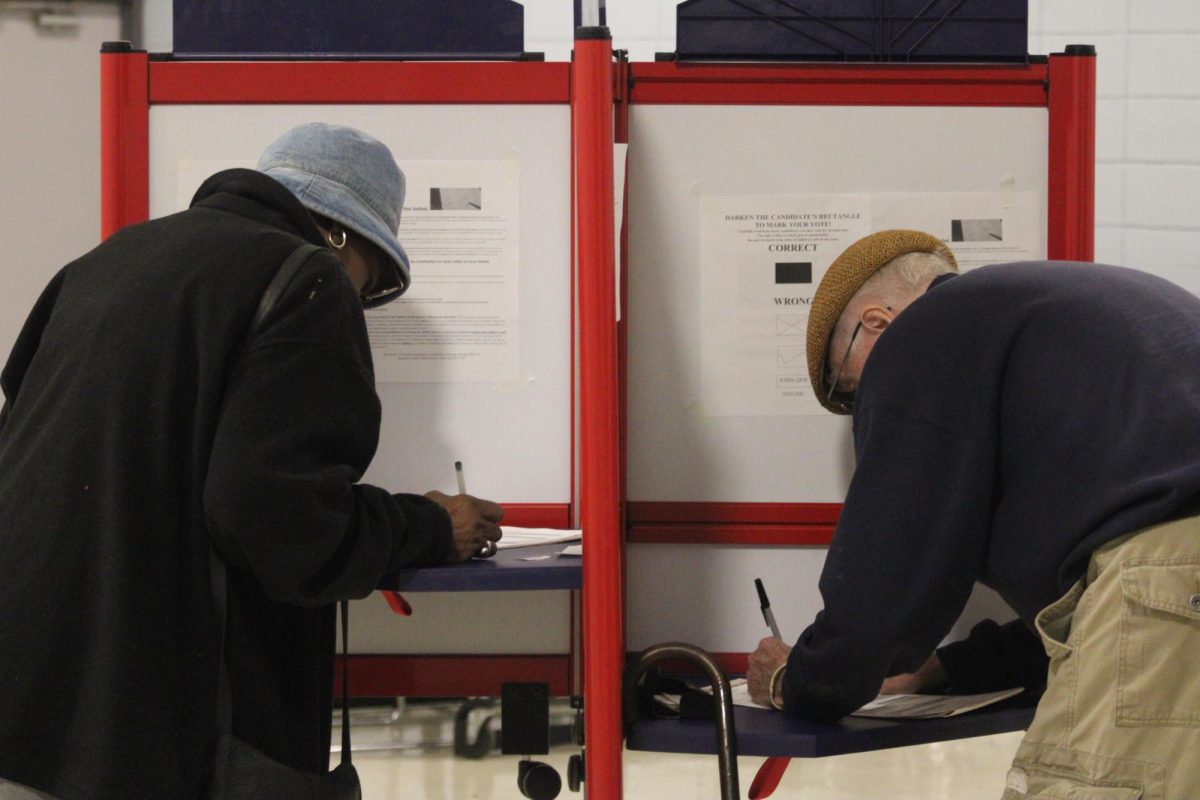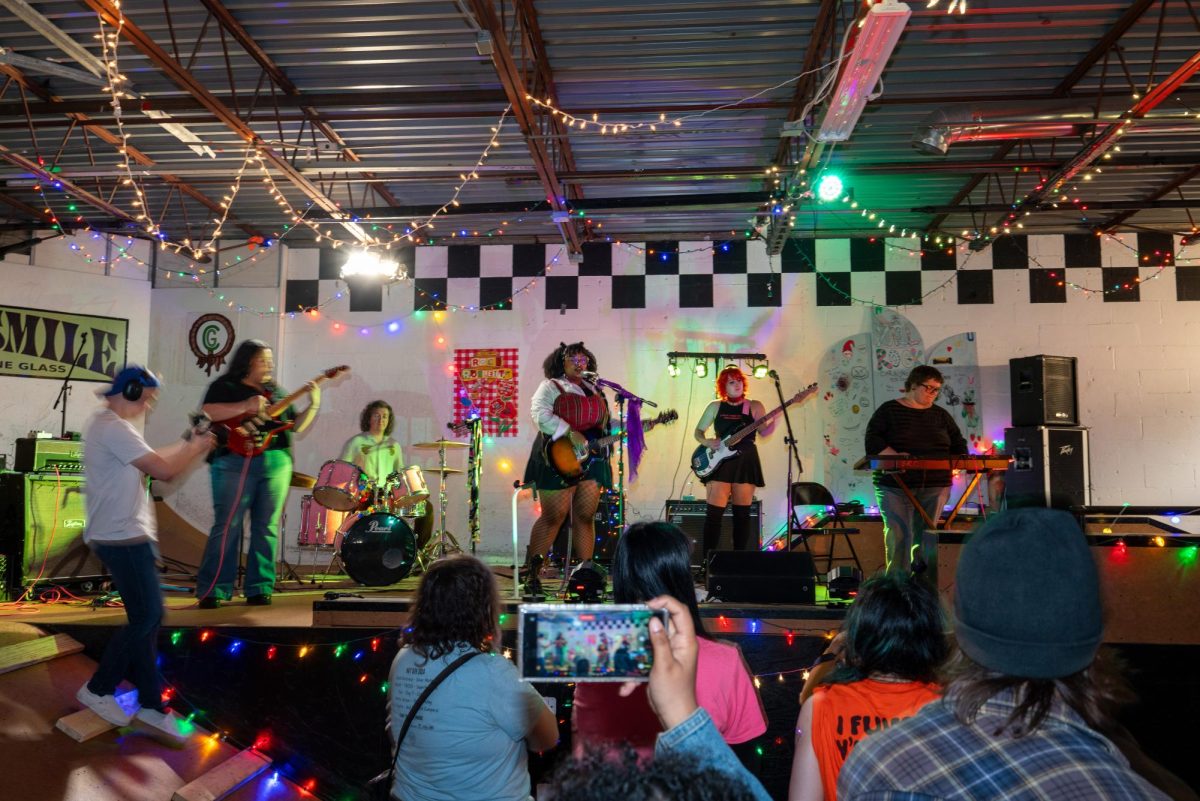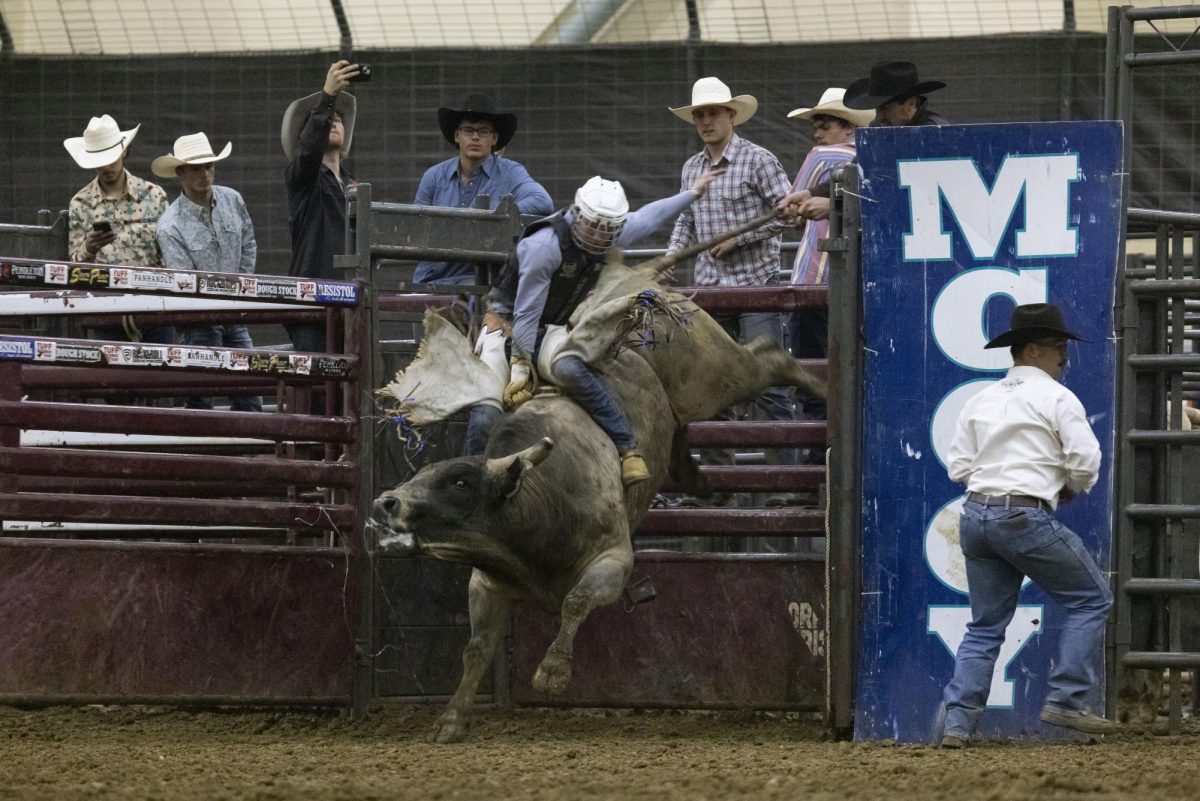Harvest Festival celebrates growth
September 22, 2015
Without plants and farming, earth’s human population would collapse, according to the U.S. Department of Agriculture.
However, conventional farming methods may be short-sided in their practices, as they tend to focus more on simplicity and profits than the long-term health of farmland and the surrounding ecosystems, researcher April Vigardt said.
It is for reasons like this that the Center for Sustainable Farming is hosting the Second Annual Harvest Festival from 4-7 p.m. Thursday at SIU Student Sustainable Farm.
Advertisement
The event celebrates progress made since the university’s farm started in 2011 and is a chance for the students who operate the farm to show what they have helped create, she said.
The festival will feature dishes prepared from produce grown on the farm, student led tours, graduate research presentations and live music.
Organic methods, like naturally-sourced nutrients and bone meal, are used on the 2.5 acre farm to naturally increase soil fertility, which grows melons, tomatoes, peppers and more.
Vigardt, manager of the Center for Sustainable Farming, said when farming is done sustainably and responsibly, the focus lies on what can be put back into soil rather than what can be taken out.
Meredith Stamberger, a junior from La Moille studying crop, soil and environmental management, and horticulture, works on the farm and said sustainable farming is a practice which considers long-term effects.
“Sustainable farming is about keeping a healthy soil that will sustain and grow food for generations,” Stamberger said.
Eric Wells, a senior from Naperville studying horticulture, said agricultural sustainability aims to have the smallest possible impact on the surrounding ecosystem.
Advertisement*
“Sustainable agriculture is a way to enjoy vegetables and food without the impacts of pesticides, fertilizers and all of the other impacts of conventional agriculture,” Wells said.
Glyphosate, sold by Monsanto under the brand name Roundup, is the most commonly used agricultural herbicide in the United States, according to the Environmental Protection Agency.
In 1986, an estimated 6,308,000 pounds of glyphosate was used in the country. By 2007, 185,000,000 pounds of glyphosate was being used, according to the Environmental Protection Agency.
Vigardt said during the farm mechanization boom, not all farmers adopted the new methods and many do not use genetically-modified seeds, or chemical pesticides and nutrients.
She said there is a contemporary revival of interest in traditional, sustainable agriculture as people realize the danger of being dependent on others for their food supply.
In 1994, there were approximately 2,500 certified organic farms in the United States. As of 2007, there were 13,000 organic producers, according to the Organic Farming Research Foundation.
Although the Student Sustainable Farm is not certified organic, Vigardt said they are working towards obtaining that status.
“Everyone eats,” Vigardt said. “Students should care about it because it’s the future of their food, and having control over your food supply is very important.”
Sam Beard can be reached at sbeard@dailyegyptian.com or on Twitter @SamBeard_DE
Advertisement







